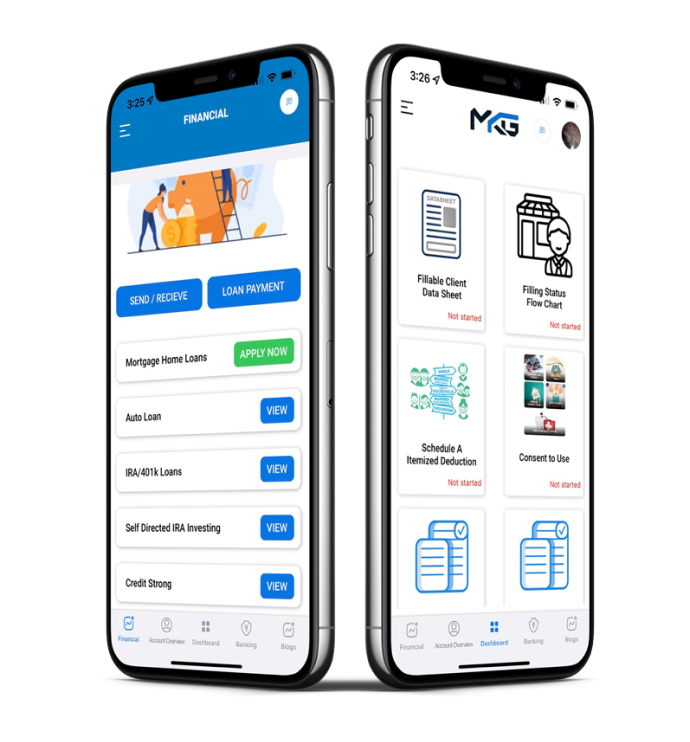Education Credits: AOTC & LLC
An education credit can help reduce the cost of higher education by reducing the amount of tax owed on your tax return. In some cases, if the credit reduces your tax to less than zero, you may even receive a refund. There are two education credits available: the American Opportunity Tax Credit (AOTC) and the Lifetime Learning Credit (LLC).
Who Can Claim an Education Credit?
To be eligible for either the AOTC or LLC, you must meet the following criteria:
- You, your dependent, or a third party must have paid qualified education expenses for higher education.
- The eligible student must be enrolled at an eligible educational institution.
- The eligible student can be yourself, your spouse, or a dependent listed on your tax return.
Who Cannot Claim an Education Credit?
There are certain situations where you cannot claim an education credit. These include:
- If someone else, such as your parents, lists you as a dependent on their tax return.
- If your filing status is married filing separately.
- If you have already claimed or deducted another higher education benefit using the same student or expenses.
- If you (or your spouse) were a non-resident alien for any part of the year and did not choose to be treated as a resident alien for tax purposes.
Comparing the Education Credits
While the AOTC and LLC have some similarities, there are also important differences between them. To determine which credit you qualify for, refer to our handy chart comparing the education credits.
Learn More about the American Opportunity Tax Credit
To find out more about the American Opportunity Tax Credit, visit our webpage dedicated to this credit.
Learn More about the Lifetime Learning Credit
To find out more about the Lifetime Learning Credit, visit our webpage dedicated to this credit.
Use our Interactive App
Our interactive app, "Am I Eligible to Claim an Education Credit?", can help you determine if you are eligible for education credits and deductions. Visit our website to access the app.
What to Do If You Receive a Letter from the IRS or Get Audited
It's important to know your rights as a taxpayer and be familiar with the IRS's obligations to protect them. The Taxpayer Bill of Rights is designed to inform you of your rights during every step of your interaction with the IRS.
If you receive a letter or are audited by the IRS, it may be because the IRS did not receive a Form 1098-T, Tuition Statement, verifying the student's enrollment, or they may need additional information to support the amounts of qualified expenses you reported on Form 8863. Review your Form 1098-T to ensure the student's name and social security number are correct. If there are any discrepancies, contact the school to correct the information for future reporting.
If the student should have received a Form 1098-T but did not, contact the school to obtain a copy. Note that there are exceptions where educational institutions are not required to furnish Form 1098-Ts.
If you claimed expenses that were not reported on the Form 1098-T in Box 1, or if your school reported the amount you were charged for qualified expenses in Box 2, you will need to provide proof. This can include copies of paid receipts, cancelled checks, or other relevant documents. Refer to the letter you received for specific instructions on what documents to send. If you do not have the letter, you can find examples of Forms 886-H-AOC and 886-H-AOC-MAX on our website.
In the event of an audit or examination, the IRS selects income tax returns for examination based on computer programs that identify returns with incorrect amounts. The examination may or may not result in a change to your tax or credits. For more information on the examination process and your rights, refer to Publication 3498-A and Publication 556 on our website.
We hope this information helps you understand the education credits available and how to navigate any potential issues that may arise. If you have any further questions or need assistance, please don't hesitate to contact us.
